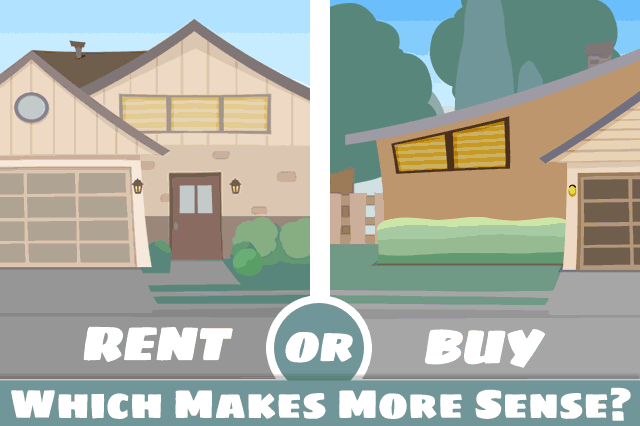Renting Versus Owning: What Buyers and Sellers Should Know

FHA loans are limited to properties between one and four units, so this would be an issue for anyone renting in a building that meets that four-unit limit, condo units, duplexes etc. and is offered for sale by the landlord.
That situation can make things more complex since generally speaking the FHA loan-to-value limit on landlord/tenant purchase transactions is 85%. A 15% down payment would be required in such cases. There are exceptions.
Exceptions to the FHA Loan Rules for Landlord/Tenant Sales
HUD 4000.1 states, “The 85 percent LTV restriction may be exceeded if a Borrower purchases as their Principal Residence:
- the Principal Residence of another Family Member; or
- a Property owned by another Family Member in which the Borrower has been a tenant for at least six months immediately predating the sales contract. A lease or other written evidence to verify occupancy is required.
There is another area where FHA loan rules (in addition to any lender standards which may apply) also have a say about potential buyers who wind up occupying a property before they officially purchase it.
Sellers who permit buyers to live in the property and provide “excessive rent credits” may have such credits interpreted as an “inducement to purchase” which can result in a dollar-for-dollar reduction in the loan amount for the total amount of the rent credits considered by the lender to be excessive.
This determination would be made based on fair market rents for the area and other variables; borrowers would need to discuss the situation with a loan officer to see if their specific circumstances would constitute a problem for the home loan.
HUD 4000.1 instructs the lender in this area, “Rent may be an inducement to purchase when the sales agreement reveals that the Borrower has been living in the Property rent-free or has an agreement to occupy the Property at a rental amount considerably below fair market rent.”
When is rent credit NOT in danger of becoming excessive? HUD 4000.1 says that is true when “...a builder fails to deliver a Property at an agreed-upon time, and permits the Borrower to occupy an existing or other unit for less than market rent until construction is complete”.
Lender standards, state law, and other factors may affect how the lender may proceed in this area, not just FHA mortgage loan rules.
------------------------------
RELATED VIDEOS:
There's a Difference Between APR and Interest Rates
Choose Your Mortgage Lender Carefully
Getting Started With Your FHA Loan Application

Do you know what's on your credit report?
Learn what your score means.







